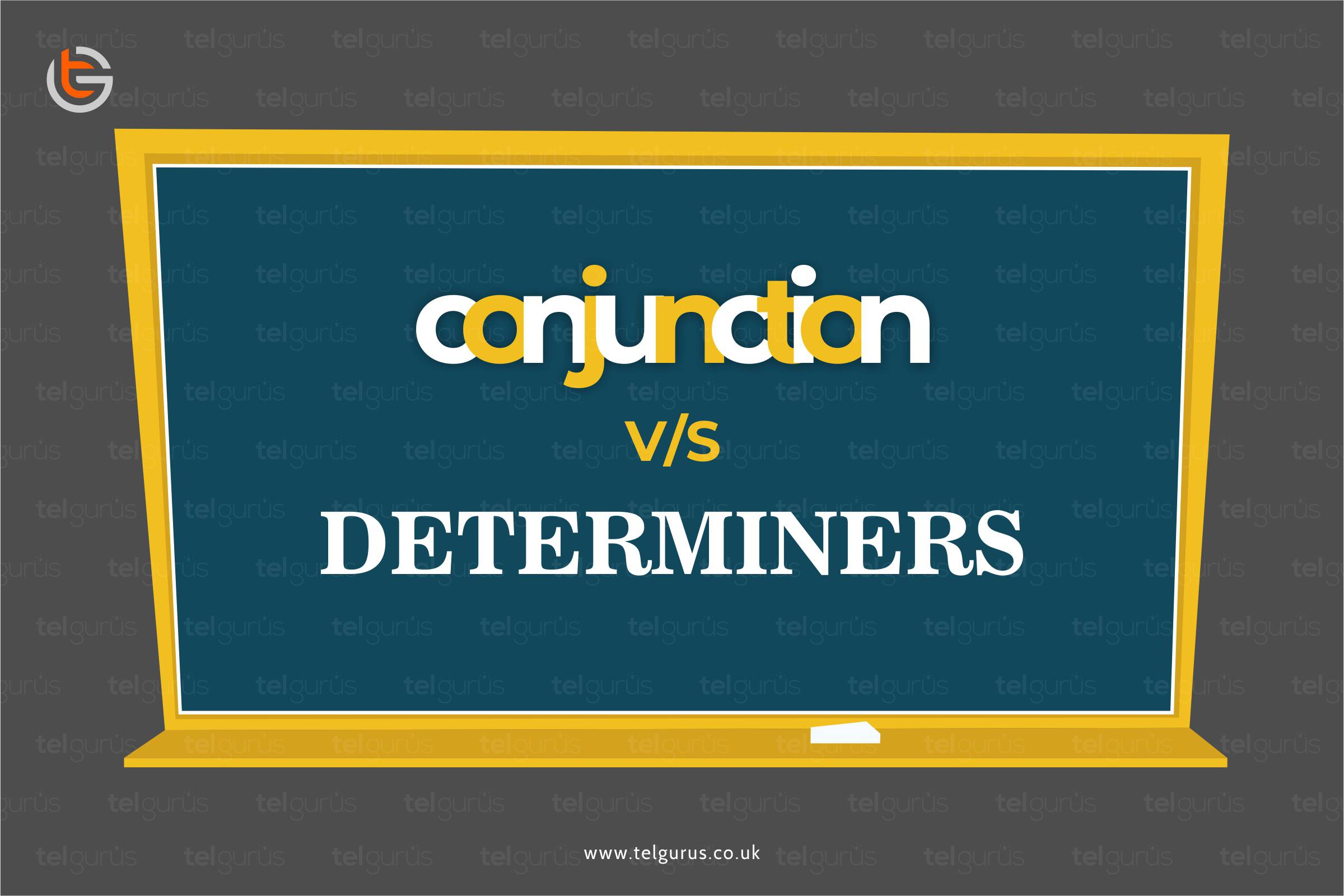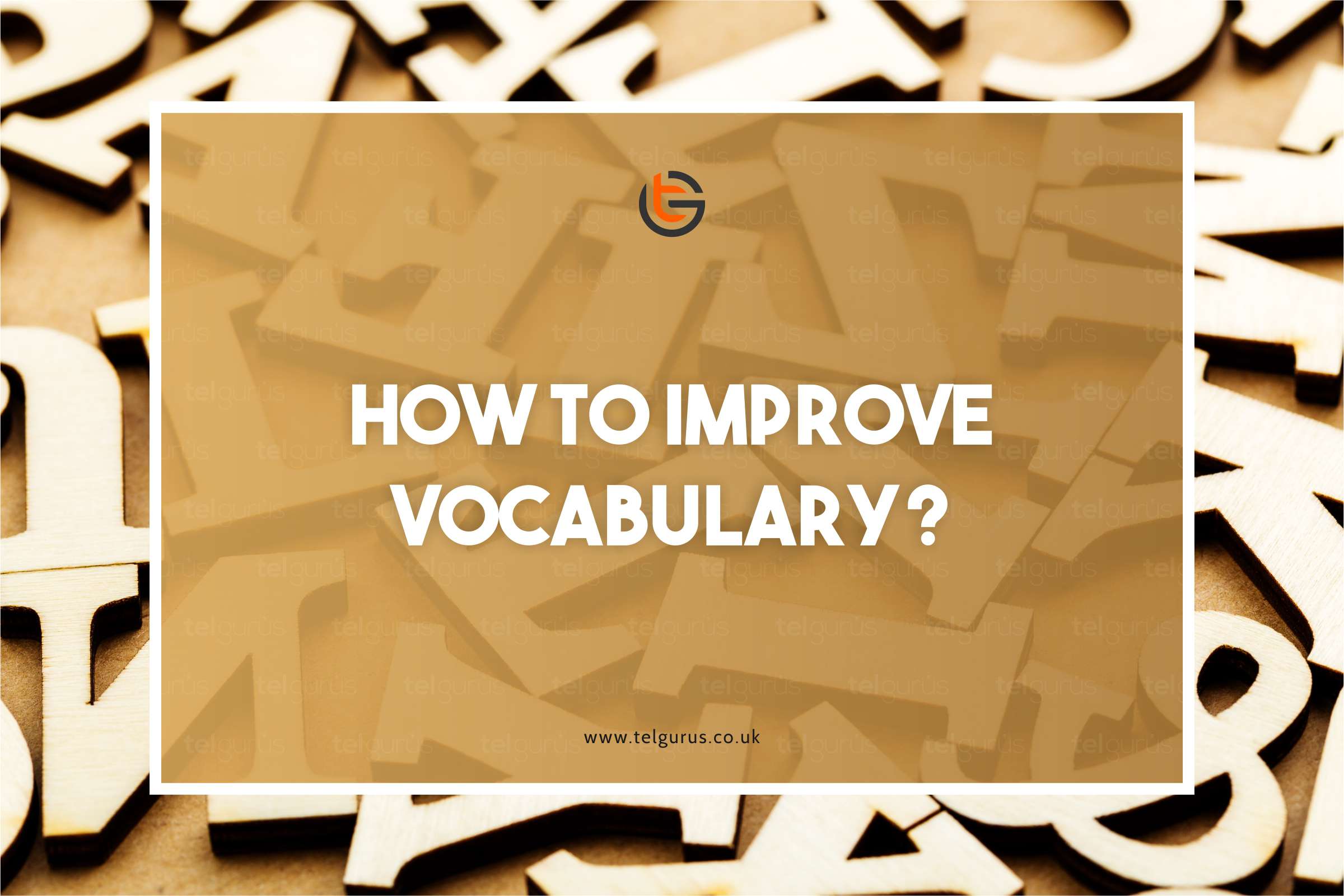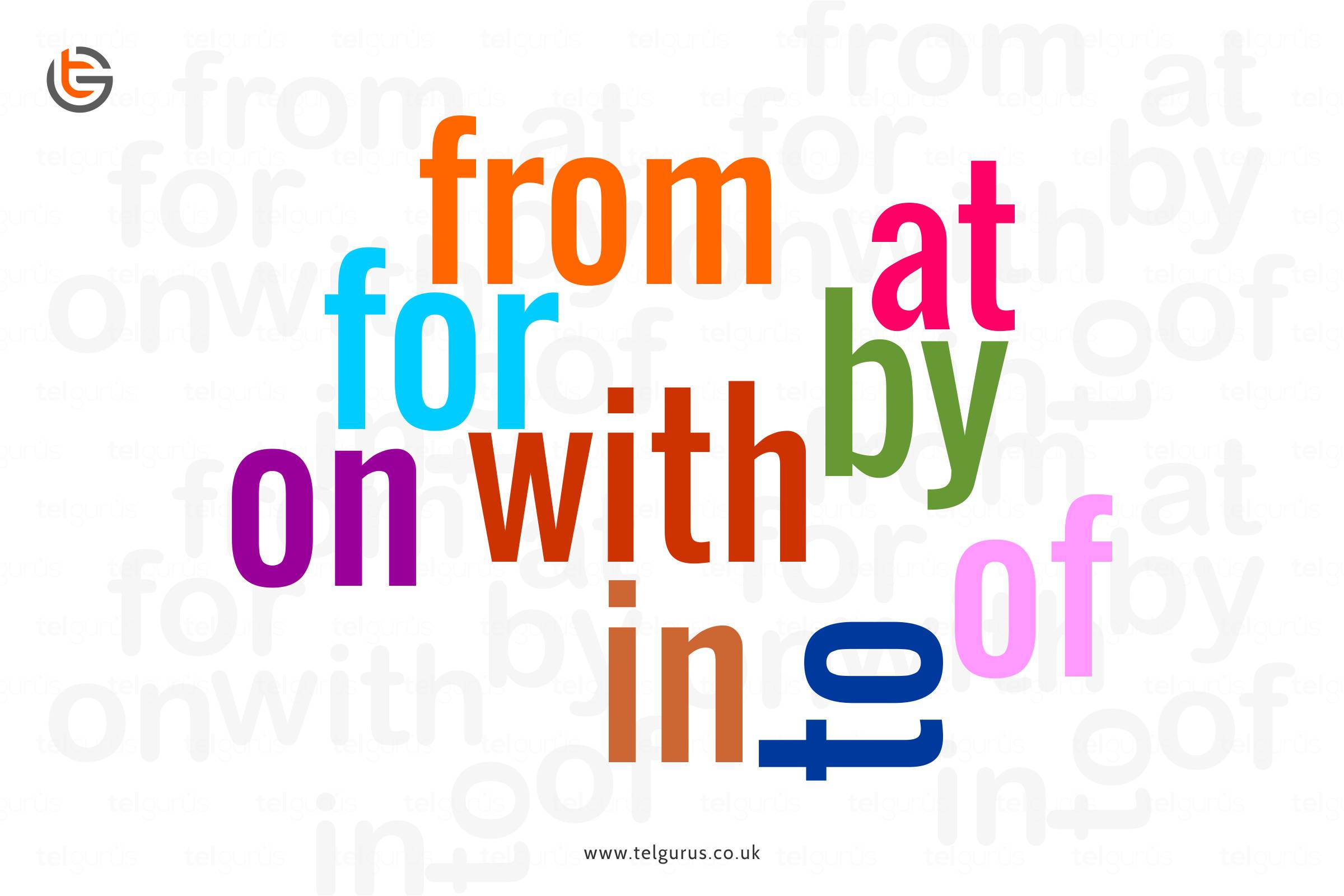Enrich your knowledge with our informative blogs
Difference between Conjunctions and Determiners.

In daily life, we generally use conjunctions and determiners to join or complete two sentences. You probably may not be aware of the fact that what exactly they are.
So, to understand the meaning and difference between both terms, let us begin with the definitions.
Conjunctions
We generally use the words but, if, or and several others at times to complete a sentence and deliver the line appropriately so that it gets clear about what we want to say, right? Well, an essential thing to point here is what exactly are used words called? Are they just the joining words, or are these the conjunctions?
Well, yes, these words are known as Conjunctions which are commonly known as sentence joining words.
Formally, conjunctions are defined as the words that act as junctions to join two sentences. That is why they are known as joining words!
The conjunction word is derived from a Latin word that means conjoin. We use conjunctions or joining words to join two sentences or phrases to make a long sentence.
The most common conjunctions include but, and, or. The other conjunctions are and, but, also, if, which, because, so, suddenly, however, therefore, while, then.
Conjunctions Use
Let us consider two sentences
Sentence 1: My Bus didn’t arrive at my stop.
Sentence 2: I got late today
Sounds incomplete?
Now using the conjunction between them.
I got late today as my bus didn’t arrive at my stop.
Now, this sentence is pretty straightforward, and one can easily understand why the person got late. Conjunctions make easy communication while clearly conveying the message.
Conjunction Types
- Coordinating Conjunctions: Coordinating conjunctions are those that come up in mind when people are talking about conjunctions. They include and, but, or, nor, so, yet and so.
- Correlative Conjunctions: Correlative conjunctions are the ones that occur in pairs. These include neither-nor, wither-or, whether-or, not only- but also. For example, Either Robert or Jack will attend the party.
- Subordinating Conjunctions: Subordinating conjunctions are those that show a relationship between an independent and a dependent clause. These conjunctions include as, after, before, once, because, since, that, until, till, where, while, whether, when, though.
Determiners
Now that we are familiar with the Conjunctions let us get to know about Determiners. We generally use determiners in our everyday language without even realizing that we are using them. Let us begin with its definition.
Determiners are the words that are used to introduce a noun. These are popularly known as noun introducers and, along with introducing the noun, also provide specific information about it.
For instance,
Consider the sentence, “My aunt saw an unidentified object last night.”
Here “an” is a determiner.
A determiner always precedes a noun, and its primary function is to indicate quantity, specificity, possession, and definiteness by modifying a noun.
- Example indicating quantity
He has four rabbits
- Example indicating specificity
I love this rabbit
- Example indicating definiteness
I need a rabbit
- Example indicating possession
Beware of his rabbits
Types of determiners
- Articles: a, an, the
- Possessives: my, your, his, her, whose, Its, their, our
- Numerals: one, two, three, four
- Demonstratives: this, that, these, those
- Ordinals: first, second, last, next
- Quantifiers: many, few, some, every, a lot of, much, any, less
Bottom Line!
Conjunctions are the sentence joiners, whereas the determiners are the noun introducers. It is essential to understand the difference between them. We hope with this, you have got a clear idea.
Read More – English Questions
View More – Useful links for Your Child’s Development

Let your personality sparkle when you speak!
Lead, communicate and achieve higher when you explore the world of opportunities with strong English concepts at TEL Gurus.
Categories
Recent Posts
- List of the qualities you should look for in your tutors?
- What is the most useful formulas in math?
- Describe the process of eating to defecation of food?
- Difference between the natural and artificial active response by the immunology system.
- Explain the different circle theorems
- How are nerve cells adapted to their function?










